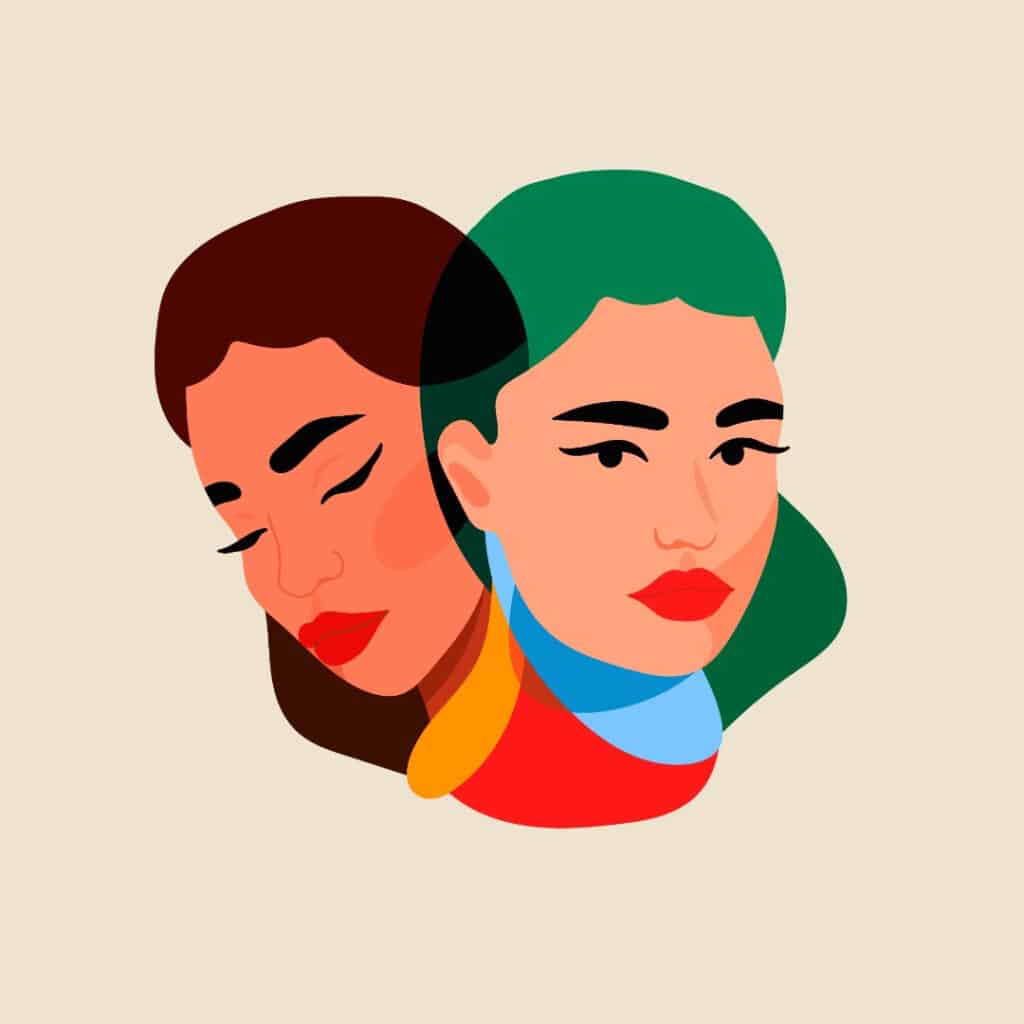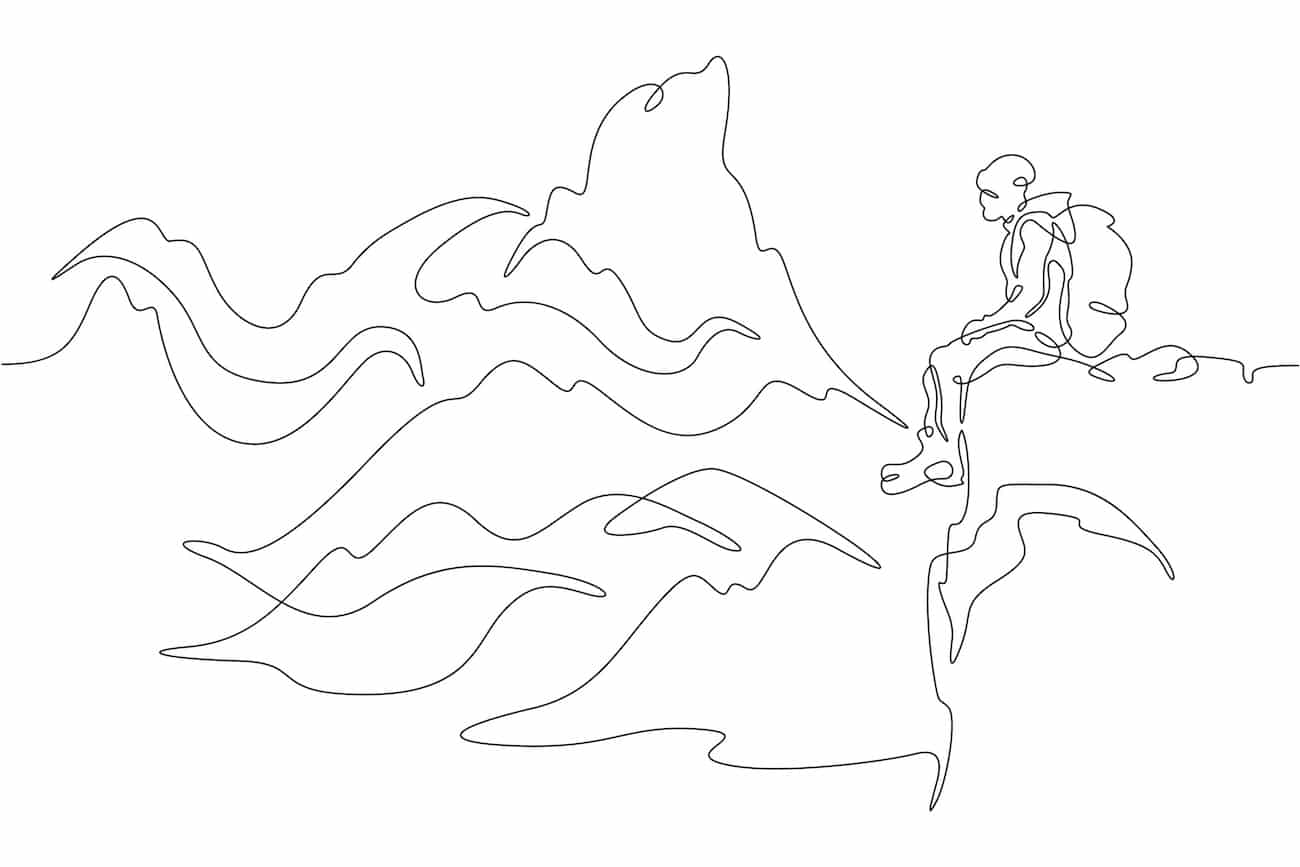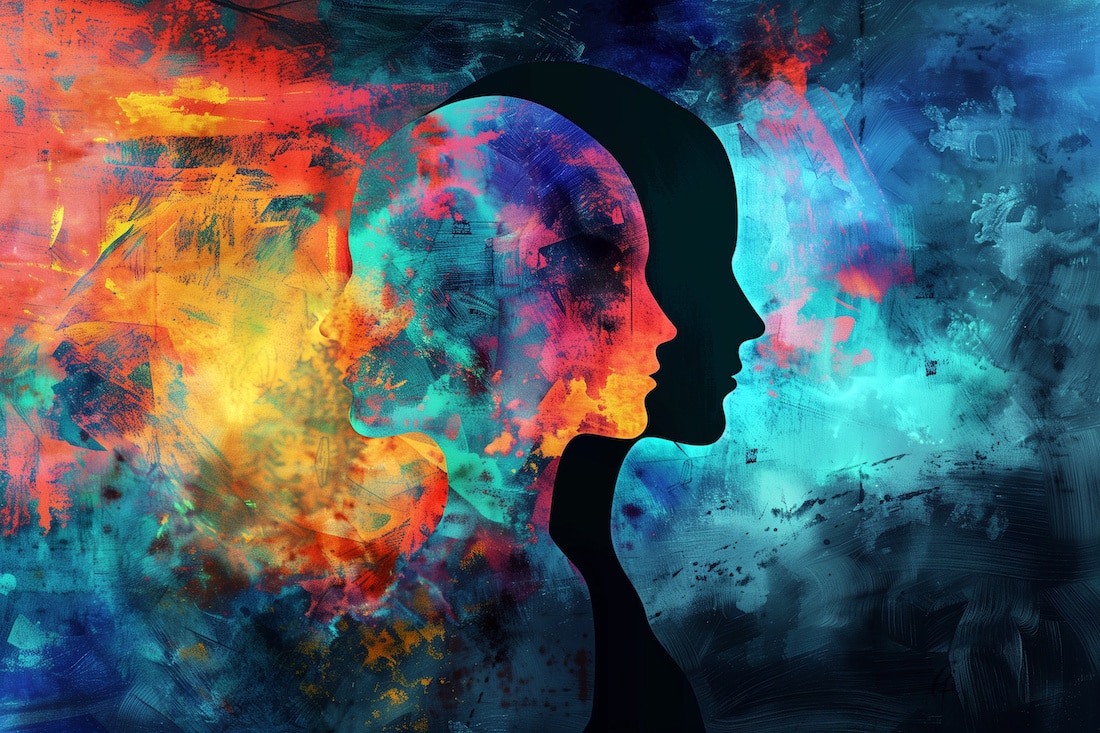Classifying mental health disorders helps clinicians diagnose their clients and provide better care. Personality disorders are a primary type of mental health disorder that include conditions such as borderline personality disorder, antisocial personality disorder, and histrionic personality disorder. Sometimes people wonder, is having bipolar a personality disorder?
Bipolar disorder is sometimes confused with borderline personality disorder (BPD). They may sound similar, but they are two different conditions. BPD is classified as a personality disorder, but bipolar disorder is classified as a mood disorder. What is bipolar disorder, what is a personality disorder, and what are the differences between the two?
What is Bipolar Disorder?
Bipolar disorder is a condition that affects a person’s mood, energy levels, and abilities to function.1 It is characterized by mood episodes or intense emotional states that last days or weeks. Mood episodes consist of manic or hypomanic and depressive episodes. Manic episodes include high energy levels, abnormally happy moods, and unpredictable behavior. Depressive episodes include low energy levels and a sad or hopeless mood. There are three types of bipolar disorder:
- Bipolar I
- Bipolar II
- Cyclothymic disorder
When left untreated, mood fluctuations caused by bipolar disorder can affect a person’s functional capabilities. For example, they may struggle to hold a job, remain in school, build healthy relationships, or manage daily responsibilities. On the other hand, with proper treatment, people with bipolar disorder can live happy, productive, and fulfilling lives.
What is a Personality Disorder?
Personality is the way a person thinks, feels, and behaves, which differentiates them from others. Factors like experiences, environment, life situations, and inherited behaviors make up a person’s personality. Despite individual personality differences, most people adhere to a set of societal expectations and conform their personality around it.
Personality disorders cause people to think, behave, and feel in ways that deviate from their culture or societal expectations.2 These deviations affect daily functioning and cause significant distress. People with personality disorders first exhibit behavior patterns during late adolescence or early adulthood that can be long-lasting when left untreated.
Does Having Bipolar Disorder Mean You Have a Personality Disorder?
Clinicians classify bipolar disorder as a mood disorder, not a personality disorder. The condition affects a person’s emotional state, which then influences how they interact with their environment. People often confuse bipolar disorder with borderline personality disorder (BPD), causing some misunderstanding.3
Some symptoms of bipolar disorder, such as unstable moods and impulsivity, are similar to BPD. But bipolar disorder is not a personality disorder. Bipolar disorder and BPD are two different conditions. People with BPD also experience significant problems with their self-image and interpersonal relationships. Feelings of inadequacy, emptiness, and low self-worth often plague them.
Help is Available for Mental Health Disorders
Lifeskills South Florida is a treatment network that offers customized, comprehensive programs for adults suffering from mental health and substance use disorders. Our evidence-based and collaborative treatment environment provides you or your loved one with a supportive space to build a strong foundation for your recovery. To learn more about the programs available at Lifeskills South Florida, please call us today at 954-953-1742.
References
- American Psychiatric Association. (2022). Bipolar Disorders.
- American Psychiatric Association. (2022). What are Personality Disorders?.
- American Psychiatric Association. (2022). Expert Q&A: Personality Disorders.




